This article was co-authored by Robert Dhir, MD. Dr. Robert Dhir is a board certified Urologist, Urological Surgeon, and the Founder of HTX Urology in Houston, Texas. With over 10 years of experience, Dr. Dhir’s expertise includes minimally-invasive treatments for enlarged prostate (UroLift), kidney stone disease, surgical management of urological cancers, and men’s health (erectile dysfunction, low testosterone, and infertility). His practice has been named a Center of Excellence for the UroLift procedure, and is a pioneer in non-surgical procedures for ED using his patented Wave Therapy. He earned his undergraduate and medical degrees from Georgetown University and was awarded honors in pre-medical studies, urology, orthopedics, and ophthalmology. Dr. Dhir served as chief resident during his urological surgical residency at University of Texas at Houston / MD Anderson Cancer Center in addition to completing his internship in general surgery. Dr. Dhir was voted Top Doctor in Urology for 2018 to 2019, one of the top three Best Rated Urologists in 2019 & 2020 for Houston Texas, and Texas Monthly has named him to the 2019 & 2020 Texas Super Doctors Rising Stars list.
There are 10 references cited in this article, which can be found at the bottom of the page.
This article has been viewed 91,215 times.
The gradual growth of the prostate gland (called benign prostatic hyperplasia or BPH) is very common in American men and can start as early as the age of 25.[1] By the age of 50, most men experience symptoms related to BPH. Symptoms include difficulty initiating and stopping the flow of urine, an increased urgency to urinate, a sense of incomplete bladder emptying, and a more frequent need to urinate (especially at night).[2] Learning to cope with the symptoms of an enlarged prostate can certainly make life more enjoyable, although certain home remedies and medications are effective for reducing the symptoms.
Steps
Coping with BPH at Home
-
1Avoid drinking caffeinated and alcoholic beverages in the evening. Caffeine and alcohol are classified as diuretics, which means they affect the muscle tone of the bladder and stimulate the kidneys to produce urine. Since a primary symptom of BPH is increased urgency to urinate, you should avoid drinking caffeinated and alcoholic beverages, especially in the evening.[3] Avoid alcohol and caffeine, especially after dinner.
- Try not to drink any beverage with caffeine or alcohol within four hours of bedtime, and stop drinking all fluids about two hours prior to heading off to bed.
- Caffeine is found in coffee, black tea, green tea, hot chocolate, colas, most soft drinks and virtually all energy drinks.
- Caffeine also increases neuron activity in your brain, which can keep you up at night and acerbate the symptoms of BPH.
-
2Avoid taking over-the-counter (OTC) antihistamines or decongestants. Many OTC cold and allergy medications, as well as sleep aids, contain antihistamines or other decongestants that can worsen BPH symptoms and trigger more trips to the bathroom.[4] Other types of drugs can also negatively impact BPH symptoms, so review all your medications (OTC and prescriptions) with your doctor and/or pharmacist to be on the safe side.
- Your doctor might be able to adjust the dosages or change the schedule for problematic medications, or maybe prescribe different ones that cause fewer urinary problems.
- Be aware that some drugs also contain caffeine or other diuretics/stimulants, so research the ingredients of all medications that you take.
Advertisement -
3Try to always completely empty your bladder. When urinating, particularly in the evening just prior to bedtime, take the time to completely empty your bladder because it will reduce the need for subsequent trips to the bathroom during the night.[5] This isn't always easy to do with BPH and may take five to 10 minutes, but it helps to prevent sleep disturbance from having to get up every two to three hours.
- To promote bladder emptying, try sitting down while urinating rather than standing up — it changes the angle of the urethra and can be more relaxing.
- Other methods to help promote emptying your bladder include: running the water in the bathroom sink, distracting yourself with relaxing music and keeping yourself warm (by wearing slippers or a housecoat) if it's chilly.
- Consider using the double-voiding technique: after your initial strong stream of urine comes out, wait a moment and then try again to see if more comes out.
-
4Take warm baths in the evening. Taking a warm bath in the evening can help you cope with the symptoms of BPH in a variety of ways. The warm water can be soothing and combat stress, promote sleep, get rid of mild aches and pains, reduce muscle tension and potentially trigger urination.
-
5Be active and exercise more. Sitting around too much and being inactive is generally unhealthy, but the lack of circulation and pressure on the pelvis while sitting isn't good for the prostate gland either. Some research suggests that mild exercise, such as walking, may help reduce the symptoms of BPH.[6] Exercising can also reduce stress and muscle tension, which are contributing factors that make it more difficult to urinate normally.
- Walking, hiking and swimming are great stress-relieving exercises that can benefit BPH sufferers.
- Cycling is also a good exercise for BPH, but cycling long distances can put pressure on the perineum causing numbness in the penis. To avoid this use an ergonomic bike seat, padded bike shorts and make sure the bike is adjusted properly.[7]
- Lifting heavy weights and straining at the gym can make the symptoms of BPH worse in some men, so focus on less strenuous exercise.
- Other exercises that may acerbate BPH symptoms include rowing and canoeing.
Using Home Remedies for BPH
-
1Take beta-sitosterol for BPH. Beta-sitosterol is a cholesterol-like compound found in a variety of plants. Research indicates that beta-sitosterol can significantly improve urinary flow and reduce the amount of residual urine left in the bladder in men with BPH. Researchers didn't find that it shrinks the prostate gland, just that it's able to combat the primary symptoms.[8]
- Suggested dosages of beta-sitosterol for BPH issues are between 60 to 130 mg per day for many weeks.
- Beta-sitosterol is also used to lower blood cholesterol levels, which makes it a good option for men who have high cholesterol along with BPH.
- Pumpkin seeds are particularly rich in beta-sitosterol, which is why they are often recommended for men with prostate problems.
-
2Try saw palmetto berry extract. Saw palmetto berries have been used for many generations to combat prostate gland problems, including BPH. Several (but not all) studies have concluded that saw palmetto extract can relieve BPH symptoms. [9]
- Recommended dosage is at least 320 mg daily of an extract that's standardized to contain 85 – 95% fatty acids and sterols. It usually takes a few weeks to impact urinary symptoms.
- Some Research indicates saw palmetto extract is as effective as some prostate medications, such as finasteride (Proscar) and has fewer side effects.
- Saw palmetto is very popular in Europe (especially Germany) for treating BPH and other prostate conditions.
-
3Consider pygeum for BPH symptoms. Pygeum bark extract (African plum extract) is another old and time-proven remedy for prostate problems. Pygeum has been shown to be an effective treatment for BPH symptoms in men. It may be effective in combating nocturia (increased urination at night) and improving the flow of urine. It contains various phytosterols (including beta-sitosterols), which inhibit the production of prostaglandins (inflammatory compounds) in the prostate.[10]
- Pygeum, although originally discovered in Africa in the 1700s, has been used in Europe (particularly France) to treat BPH since the 1960s.
- Recommended dosage is between 75 – 200 mg daily. It usually takes a few weeks or more to impact urinary symptoms caused by BPH.
- Pygeum is available in various capsules, liquid extracts and powder forms, which means concentration and effectiveness varies according to manufacturer.
-
4Experiment with rye grass pollen. Rye grass pollen (Secale cereal) is another herbal remedy for BPH that's backed by some scientific evidence. More specifically, a couple of studies found that a standardized extract of rye grass pollen improved BPH symptoms, including reducing frequency of nighttime urination (nocturia) and the amount of residual urine left in the bladder. Grass pollen is also able to decrease the size of the prostate (as determined by ultrasound exams in men with BPH).[11]
- Do not use this remedy if you have allergies to grass pollens.
- The studies on grass pollen are based on men taking the supplement for between four to six weeks, so don't expect immediate results.
Expert Q&A
-
QuestionWhat are the symptoms of an enlarged prostate?
 Robert Dhir, MDDr. Robert Dhir is a board certified Urologist, Urological Surgeon, and the Founder of HTX Urology in Houston, Texas. With over 10 years of experience, Dr. Dhir’s expertise includes minimally-invasive treatments for enlarged prostate (UroLift), kidney stone disease, surgical management of urological cancers, and men’s health (erectile dysfunction, low testosterone, and infertility). His practice has been named a Center of Excellence for the UroLift procedure, and is a pioneer in non-surgical procedures for ED using his patented Wave Therapy. He earned his undergraduate and medical degrees from Georgetown University and was awarded honors in pre-medical studies, urology, orthopedics, and ophthalmology. Dr. Dhir served as chief resident during his urological surgical residency at University of Texas at Houston / MD Anderson Cancer Center in addition to completing his internship in general surgery. Dr. Dhir was voted Top Doctor in Urology for 2018 to 2019, one of the top three Best Rated Urologists in 2019 & 2020 for Houston Texas, and Texas Monthly has named him to the 2019 & 2020 Texas Super Doctors Rising Stars list.
Robert Dhir, MDDr. Robert Dhir is a board certified Urologist, Urological Surgeon, and the Founder of HTX Urology in Houston, Texas. With over 10 years of experience, Dr. Dhir’s expertise includes minimally-invasive treatments for enlarged prostate (UroLift), kidney stone disease, surgical management of urological cancers, and men’s health (erectile dysfunction, low testosterone, and infertility). His practice has been named a Center of Excellence for the UroLift procedure, and is a pioneer in non-surgical procedures for ED using his patented Wave Therapy. He earned his undergraduate and medical degrees from Georgetown University and was awarded honors in pre-medical studies, urology, orthopedics, and ophthalmology. Dr. Dhir served as chief resident during his urological surgical residency at University of Texas at Houston / MD Anderson Cancer Center in addition to completing his internship in general surgery. Dr. Dhir was voted Top Doctor in Urology for 2018 to 2019, one of the top three Best Rated Urologists in 2019 & 2020 for Houston Texas, and Texas Monthly has named him to the 2019 & 2020 Texas Super Doctors Rising Stars list.
Board Certified Urologist & Urological Surgeon Usually, symptoms include a slow urinary stream, urinating frequently, the urgency to urinate, and feeling like you couldn't empty your bladder completely.
Usually, symptoms include a slow urinary stream, urinating frequently, the urgency to urinate, and feeling like you couldn't empty your bladder completely. -
QuestionDoes fat in my diet worsen an enlarged prostate?
 Chris M. Matsko, MDDr. Chris M. Matsko is a retired physician based in Pittsburgh, Pennsylvania. With over 25 years of medical research experience, Dr. Matsko was awarded the Pittsburgh Cornell University Leadership Award for Excellence. He holds a BS in Nutritional Science from Cornell University and an MD from the Temple University School of Medicine in 2007. Dr. Matsko earned a Research Writing Certification from the American Medical Writers Association (AMWA) in 2016 and a Medical Writing & Editing Certification from the University of Chicago in 2017.
Chris M. Matsko, MDDr. Chris M. Matsko is a retired physician based in Pittsburgh, Pennsylvania. With over 25 years of medical research experience, Dr. Matsko was awarded the Pittsburgh Cornell University Leadership Award for Excellence. He holds a BS in Nutritional Science from Cornell University and an MD from the Temple University School of Medicine in 2007. Dr. Matsko earned a Research Writing Certification from the American Medical Writers Association (AMWA) in 2016 and a Medical Writing & Editing Certification from the University of Chicago in 2017.
Family Medicine Physician Eating an unhealthy diet does not help with any co-morbid conditions like benign prostatic enlargement.
Eating an unhealthy diet does not help with any co-morbid conditions like benign prostatic enlargement.
References
- ↑ http://www.health.harvard.edu/mens-health/4-tips-for-coping-with-an-enlarged-prostate
- ↑ Robert Dhir, MD. Board Certified Urologist & Urological Surgeon. Expert Interview. 23 September 2020.
- ↑ http://www.health.harvard.edu/mens-health/4-tips-for-coping-with-an-enlarged-prostate
- ↑ https://www.uptodate.com/contents/benign-prostatic-hyperplasia-bph-beyond-the-basics
- ↑ https://www.nhs.uk/conditions/prostate-enlargement/treatment/
- ↑ https://medlineplus.gov/ency/article/000381.htm
- ↑ https://www.health.harvard.edu/blog/exercise-and-benign-prostatic-hyperplasia-bph-201104261561
- ↑ https://www.cochrane.org/CD001043/PROSTATE_herbal-medicines-containing-beta-sitosterols-may-help-to-relieve-the-urinary-symptoms-and-urinary-flow-problems-caused-by-an-enlarged-prostate-gland-benign-prostatic-hyperplasia
- ↑ https://www.mountsinai.org/health-library/diseases-conditions/enlarged-prostate
- ↑ https://www.mountsinai.org/health-library/condition/benign-prostatic-hyperplasia
- ↑ https://www.healthlinkbc.ca/health-topics/rye-grass-pollen-extract
- ↑ https://www.nhs.uk/conditions/prostate-enlargement/treatment/
- ↑ Robert Dhir, MD. Board Certified Urologist & Urological Surgeon. Expert Interview. 23 September 2020.

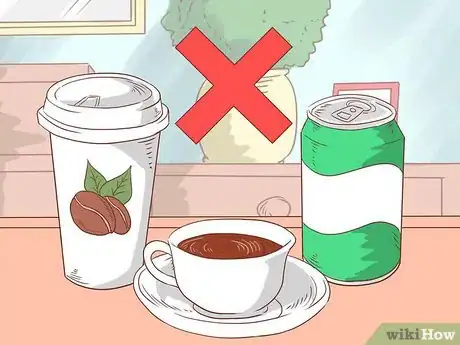
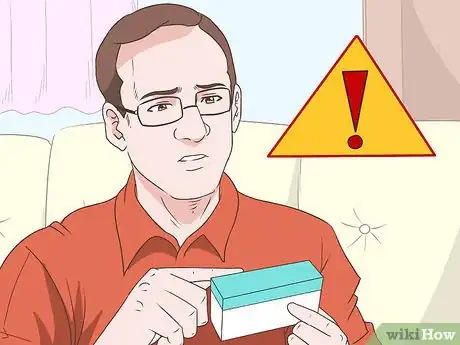
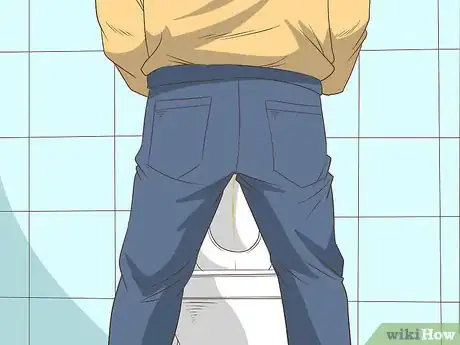
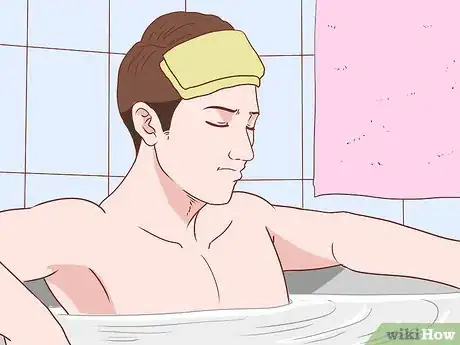
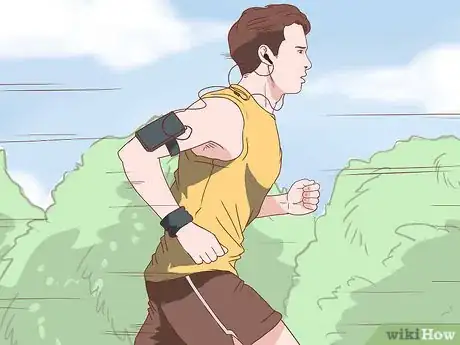
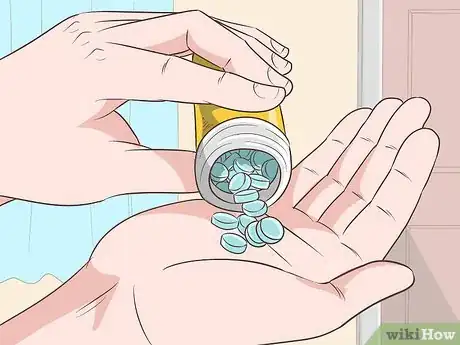
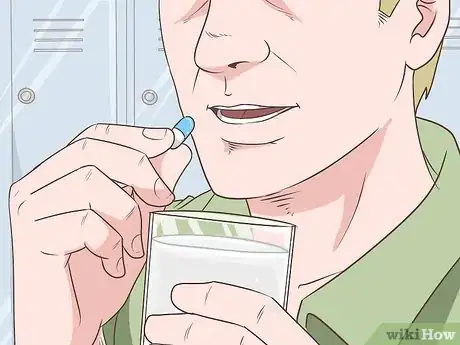
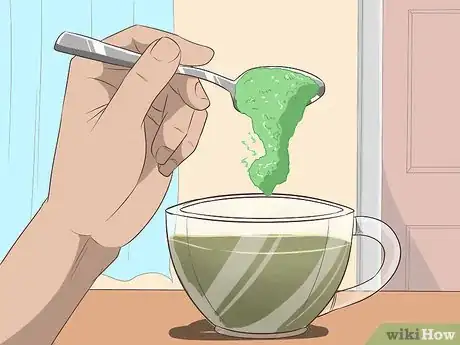
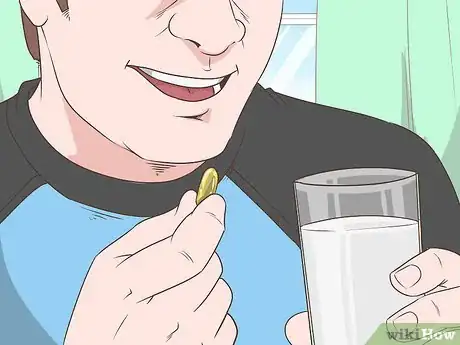
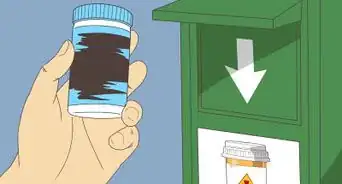

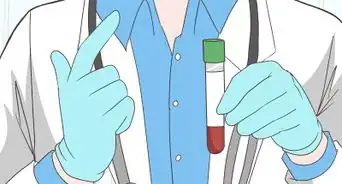
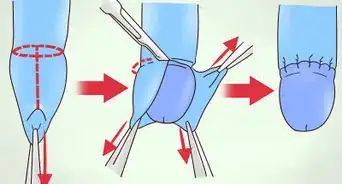

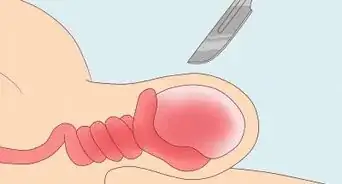



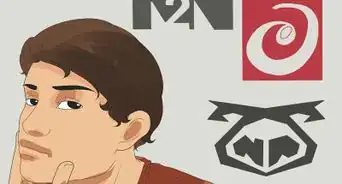
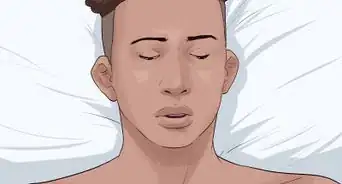
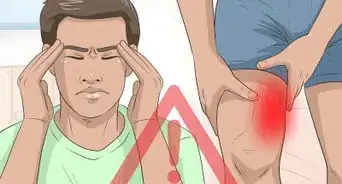
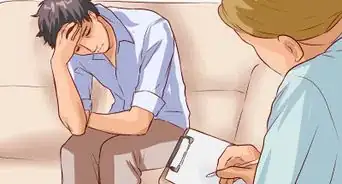









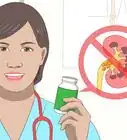
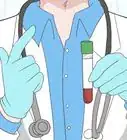
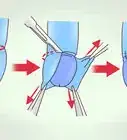



































Medical Disclaimer
The content of this article is not intended to be a substitute for professional medical advice, examination, diagnosis, or treatment. You should always contact your doctor or other qualified healthcare professional before starting, changing, or stopping any kind of health treatment.
Read More...